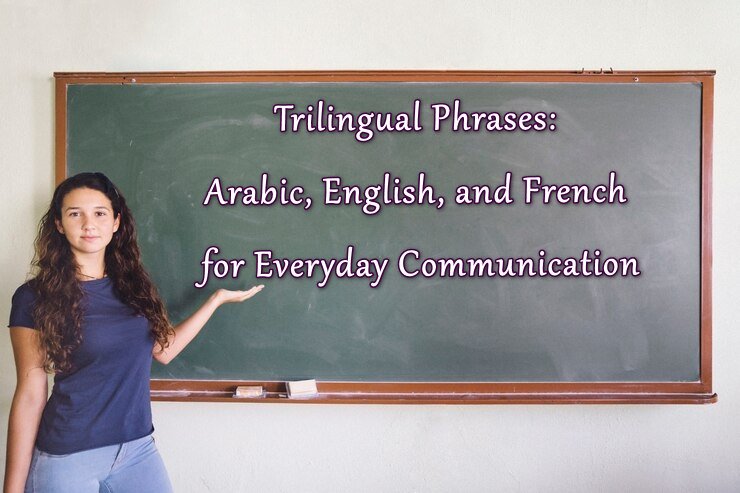
As an English language learner, one of the biggest challenges you might face is understanding the different ways to talk about future events. Two common ways to express future actions in English are using “will” and “going to.” While both are used to talk about future events, they have slightly different meanings and uses. In this article, we will explore the difference between “will” and “going to” with examples.
“Will” is often used to talk about future events that are not planned or arranged in advance. It is a way to make predictions or express willingness to do something. For example:
- I will probably go to the gym later today.
- If it rains tomorrow, I will stay inside.
- She will help you with your homework after dinner.
In these examples, “will” is used to express a future event that is not planned or arranged in advance. It is a prediction or a statement of willingness to do something.
On the other hand, “going to” is often used to talk about future events that are planned or arranged in advance. It is a way to express an intention or a decision to do something. For example:
- I am going to visit my grandparents this weekend.
- They are going to have a party next Saturday.
- She is going to study abroad next semester.
In these examples, “going to” is used to express a future event that is planned or arranged in advance. It is a statement of intention or decision to do something.
It’s important to note that “going to” can also be used to make predictions based on current evidence or circumstances. For example:
- The sky is very dark. It looks like it’s going to rain.
- She is always tired. I think she’s going to quit her job soon.
- He didn’t study for the exam. He’s going to fail.
In these examples, “going to” is used to make predictions based on current evidence or circumstances. It is a way to express what is likely to happen in the future.
In conclusion, “will” and “going to” are two ways to talk about future events in English. “Will” is often used to make predictions or express willingness to do something, while “going to” is often used to express an intention or decision to do something or to make predictions based on current evidence or circumstances. By understanding the differences between these two forms, you can use them effectively in your English conversations and writing.




















